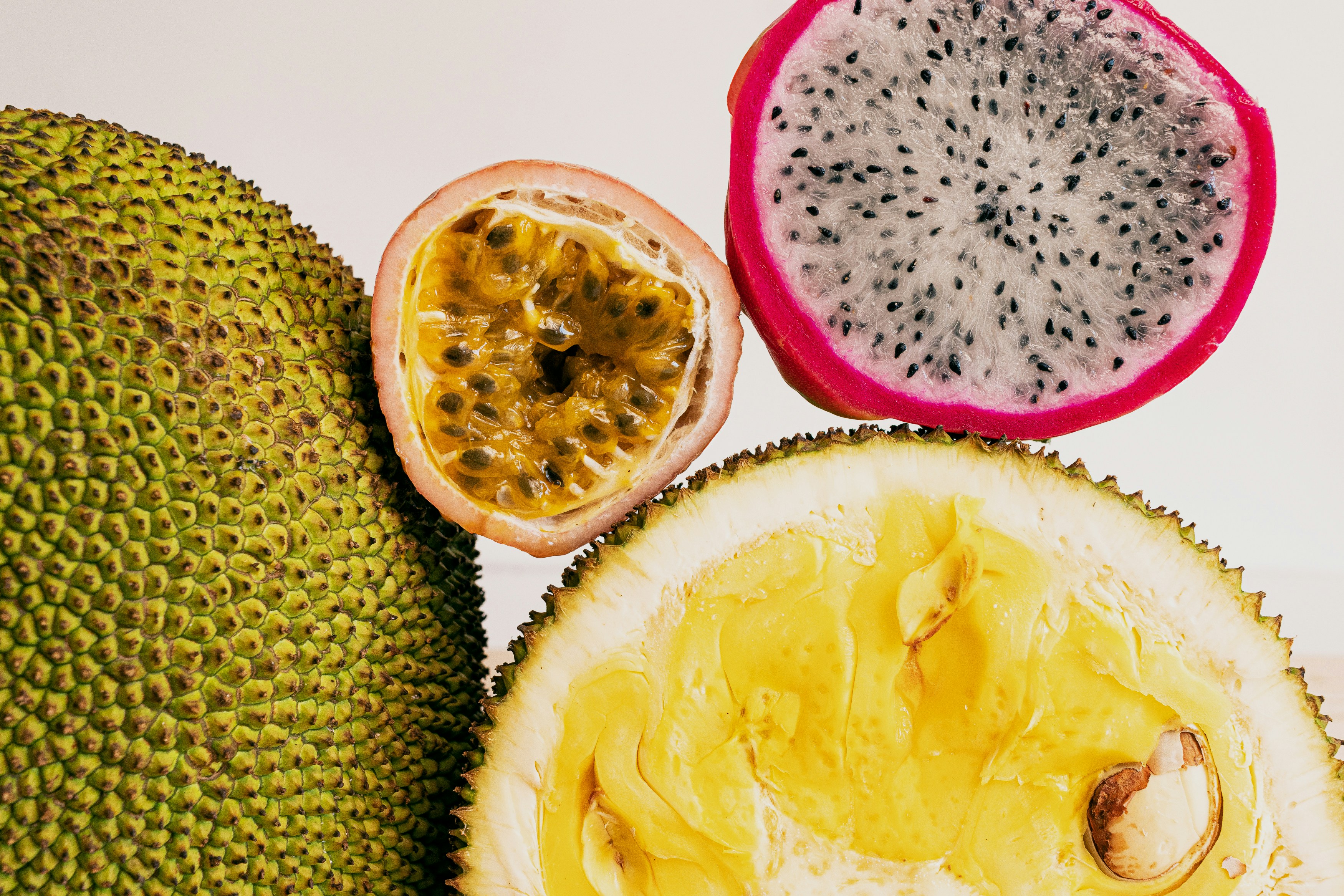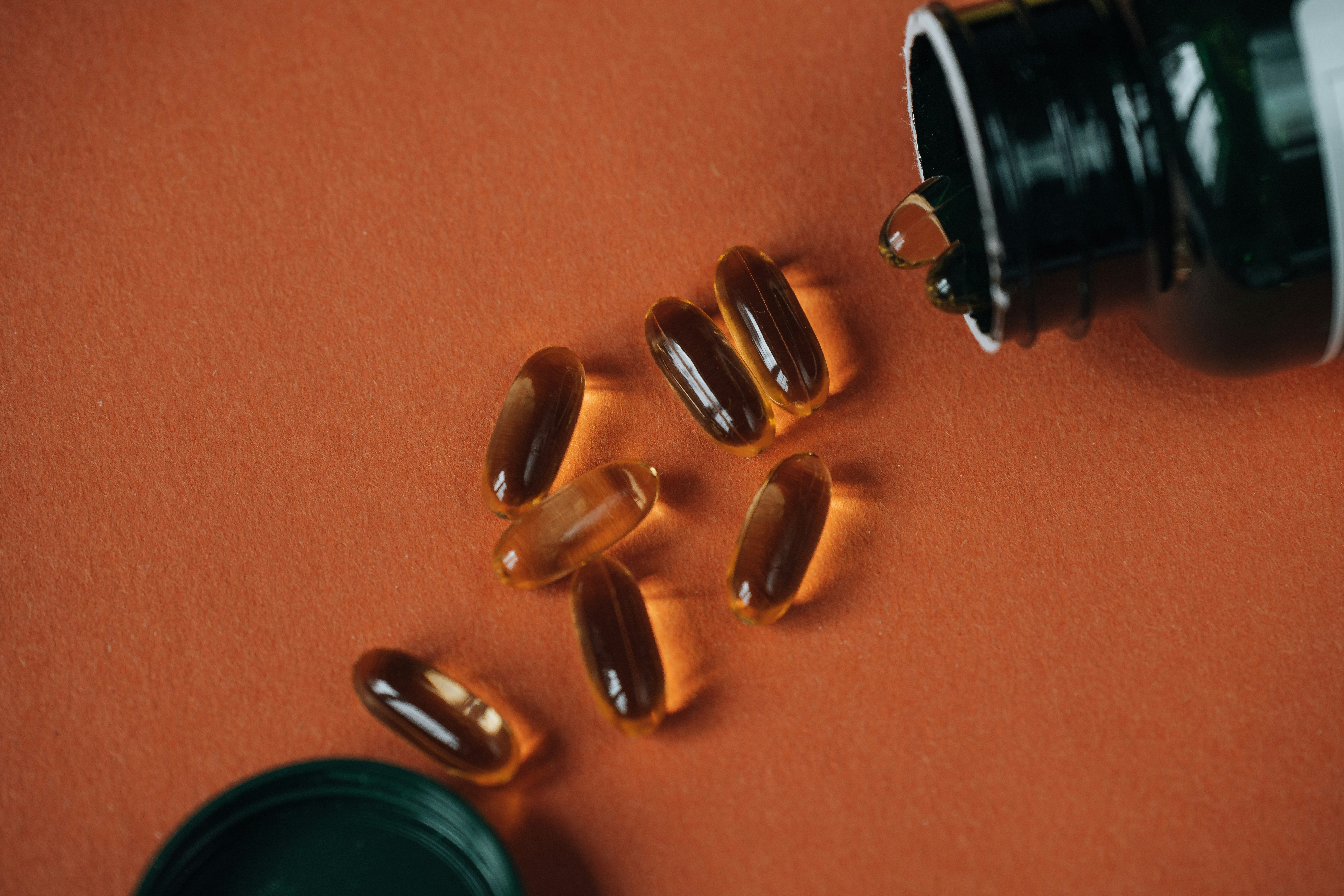Collagen is essential for skin elasticity, joint health, and overall vitality, but its natural production declines with age. This article explores how to preserve and boost collagen through diet, skincare, and expert-backed solutions for lasting beauty and wellness.
Collagen and Hyaluronic Acid Skincare: The Powerful Duo
From the age of 40, collagen—a structural protein that acts as a support scaffold for our organs and tissues—begins to decline by about 1% per year, leading to a progressive loss of skin firmness and elasticity. This results in visible signs of aging, such as wrinkles, muscle atrophy, and sagging skin. Women, in particular, experience this phenomenon more intensely due to hormonal changes, especially during menopause. We consulted Sara Valente, a nutrition biologist and author of Nutriestetica – Beauty Through Nutritional Care (2024, LSWR), to explain how collagen synthesis decreases and how to counteract or slow this process through diet, supplements, and targeted treatments.
What is collagen and what are its functions?
Collagen is the ultimate structural protein, a connective tissue that holds the body together. Beyond its aesthetic function, it is essential for the skin, joints, tendons, and even gut health, contributing to tissue strength, regeneration, and elasticity. It acts as an invisible support structure, ensuring skin firmness and overall body functionality. Over time, collagen production naturally slows down, leading to wrinkles, loss of skin tone, sagging, joint weakness, and slower tissue repair.
What other consequences does its decline cause?
Joints may become stiffer and less flexible, while tendons and ligaments lose elasticity. The microcirculation is also affected, leading to visible capillaries, redness, and dull skin. Aesthetically, collagen deficiency results in thinner, less firm skin prone to wrinkles and sagging. Hair and nails become weaker, brittle, and dull. Collagen is not just about skin tone; it is crucial for overall beauty and structural integrity.
Are there bad habits that can harm collagen production?
Yes, restrictive diets and nutritional deficiencies. A lack of protein, for example, limits fibroblasts’ ability to produce collagen, affecting not only the skin but also the health of hair and nails.
How can we stimulate its synthesis?
Studies show that within five years of menopause, women can lose up to 30% of skin collagen. Afterward, the decline continues at a rate of 2% per year, significantly contributing to visible skin aging. In such cases, consulting a specialist is crucial to assess whether hormone replacement therapy (HRT), either oral or topical, is necessary. HRT has shown positive effects on collagen synthesis, improving skin elasticity, tone, and hydration.

What foods help “nourish” collagen?
Natural collagen sources include cuts of meat rich in connective tissue. However, since ingested collagen is broken down into amino acids before being used, supporting the process with the right nutrients is essential. Foods that promote collagen synthesis include:
Citrus fruits, kiwis, and peppers (rich in vitamin C, crucial for collagen synthesis and stability).
Eggs, meat, and fish (sources of proline and glycine, essential amino acids for collagen production).
Iron-rich protein sources (beef, horse meat, or legumes).
Seeds (pumpkin, sesame, flax, and chia, rich in copper and zinc, which aid collagen fiber maturation).
Brazil nuts (a source of selenium, which protects collagen from oxidative damage).

Is bone broth really rich in collagen or just a myth?
Bone broth contains collagen, but its effectiveness depends on factors such as cooking time, bone quality, and preparation method. Studies suggest it provides collagen peptides and amino acids (glycine and proline), which support endogenous collagen synthesis. However, the body does not absorb collagen directly but breaks it down into amino acids, which must then be rebuilt with the help of vitamin C, zinc, copper, and iron. While not a miracle solution, bone broth can contribute to a balanced diet. Additionally, its glycine and glutamine content may support gut health, helping to reduce systemic inflammation and benefit the skin.
Which vitamins stimulate collagen?
Collagen synthesis requires key cofactors, including:
Vitamin C: Essential for converting proline into hydroxyproline, ensuring collagen stability.
Vitamin A: Stimulates fibroblasts to produce new collagen.
Vitamin E: Protects collagen from oxidative damage, preserving its elasticity.
B Vitamins and Vitamin K2: Aid amino acid metabolism and collagen stabilization.
Collagen is not naturally found in fruit, but some fruits boost its production and prevent degradation due to their vitamin C, polyphenol, and antioxidant content.
Citrus, kiwi, and pomegranate: Rich in vitamin C, crucial for proline-to-hydroxyproline conversion.
Berries and red grapes: Provide anthocyanins that protect the collagen matrix.
Papaya, mango, and pineapple: Contain enzymes that promote cell turnover.
Jackfruit: While it doesn’t contain collagen, this tropical fruit is rich in vitamin C, amino acids, and polyphenols that protect the skin from oxidative stress.
Are there foods that accelerate collagen breakdown?
Absolutely. Certain foods degrade collagen and accelerate skin aging. The biggest culprit is glycation, a process in which sugar molecules bind to collagen fibers, making them stiff and less resilient. This occurs with excessive consumption of:
Sugary foods, refined flours, and sweetened beverages.
High-temperature cooking methods (frying, grilling, and crispy foods) that promote Advanced Glycation End Products (AGEs), damaging skin.
Alcohol, which dehydrates tissues, hinders collagen synthesis, and impairs liver function.
Trans fats and refined vegetable oils found in processed foods, which promote chronic inflammation and collagen breakdown.
Excess sodium, leading to dehydration and loss of skin firmness.
How effective are collagen supplements and how to choose the right one?
Recent scientific reviews support collagen supplements’ role in stimulating fibroblasts, improving skin elasticity, and enhancing in-clinic treatments. Although a balanced diet provides essential nutrients, collagen supplements can support this function. They are typically sourced from animals (bovine, porcine, egg, or fish), with marine collagen being particularly effective.

To test a supplement’s quality, dissolve it in water. If it turns into gelatin, the hydrolysis process is incomplete, reducing its effectiveness.
Should supplements be taken daily or in cycles?
It depends on the goal and supplement quality. Hydrolyzed collagen peptides have greater bioavailability and can directly stimulate fibroblasts. To see visible effects on skin, joints, and the extracellular matrix, daily intake for at least two to three months is recommended (studies suggest 4–12 weeks). After this period, a break may help prevent cellular adaptation.
For aesthetic or medical treatments, collagen supplementation can be timed around procedures, combined with vitamin C and stabilized organic silicon. This boosts tissue remodeling and enhances results. However, for collagen synthesis to be effective, daily protein intake must be adequate.
How can you recognize collagen deficiency?
Signs of collagen deficiency include:
Loss of skin elasticity and firmness
Appearance of wrinkles
Joint pain
Slow wound healing
Weak, brittle nails and hair
Digestive issues
How effective are collagen-containing face creams?
Collagen creams have a mainly superficial effect since collagen molecules are too large to penetrate the dermis. They hydrate the skin by forming a protective barrier, temporarily improving softness and moisture retention. However, they do not stimulate new collagen production. To achieve that, active ingredients like retinoids, stabilized vitamin C, and biomimetic peptides are needed.
For more effective, long-term results, consulting a dermatologist or aesthetic doctor can help tailor professional skincare and treatments to your skin’s needs.
This article was originally published by Vanessa Perilli on the Marie Claire Italy website


